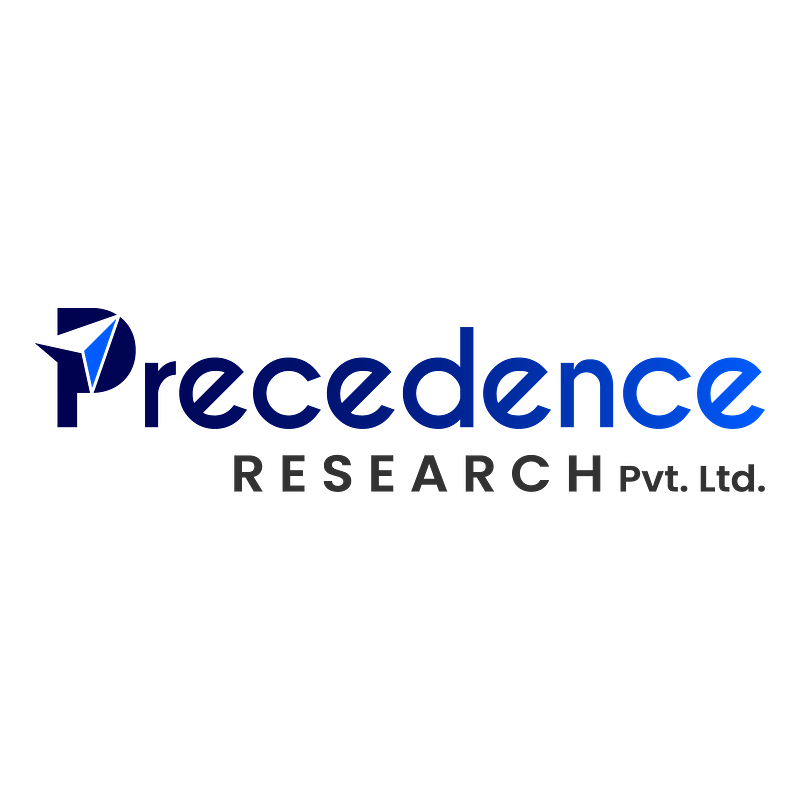
ADCs Surge Ahead: Billion-Dollar Market Poised to Revolutionize Cancer Therapy
The antibody-drug conjugate market is experiencing rapid growth, fueled by innovative therapies and expanding applications. Experts predict a $36B+ market by 2034, but challenges remain in accessibility and treatment resistance.
ADCs Surge Ahead: Billion-Dollar Market Poised to Revolutionize Cancer Therapy
NEW YORK, NY – November 20, 2025
The antibody-drug conjugate (ADC) market is on a trajectory for substantial growth, projected to reach USD 36.22 billion by 2034, with a compound annual growth rate (CAGR) of 9.4% from its 2025 value of USD 16.14 billion. This burgeoning market isn't merely a financial story; it represents a paradigm shift in cancer treatment, offering the promise of more targeted therapies with reduced side effects. While challenges regarding access and treatment resistance persist, innovation in ADC technology continues at a rapid pace.
Targeted Precision: The Science Behind the Surge
ADCs represent a sophisticated approach to cancer treatment. Unlike traditional chemotherapy, which indiscriminately attacks both healthy and cancerous cells, ADCs deliver a potent cytotoxic payload directly to cancer cells. This is achieved by linking a monoclonal antibody – designed to recognize a specific protein on cancer cells – to a powerful drug. The antibody acts as a homing device, guiding the drug specifically to the tumor, minimizing damage to surrounding healthy tissue.
“The beauty of ADCs is their ability to selectively target and destroy cancer cells,” explains an oncology researcher. “This leads to more effective treatment and reduced toxicity, significantly improving patient outcomes.”
While early ADCs faced challenges with off-target toxicity and limited efficacy, advancements in antibody engineering, linker technology, and payload design have significantly improved their performance. Next-generation ADCs are incorporating features like site-specific conjugation, higher drug-to-antibody ratios (DAR), and novel payloads to overcome existing limitations. The increasing exploration of bispecific antibodies, which can target multiple antigens simultaneously, is also promising for addressing tumor heterogeneity and preventing resistance.
Competitive Landscape: Key Players and Emerging Trends
The ADC market is becoming increasingly competitive, with established pharmaceutical giants and emerging biotechnology companies vying for market share. Roche/Genentech, with its approved ADC Kadcyla, and Daiichi Sankyo, with its rapidly growing Enhertu, are currently leading the charge. However, recent acquisitions, like Pfizer’s purchase of Seagen and AbbVie’s acquisition of ImmunoGen, are reshaping the landscape. These deals signal a significant commitment to ADC technology and are likely to accelerate innovation and market growth.
“The consolidation we’re seeing in the ADC space is a clear indication of its potential,” comments a financial analyst specializing in the biopharmaceutical sector. “Companies are willing to invest heavily in this technology, recognizing its ability to disrupt the cancer treatment paradigm.”
Beyond these major players, a number of smaller biotech firms are focusing on developing innovative ADC platforms and novel payloads. These companies are pushing the boundaries of ADC technology, exploring new targets, and developing more potent and selective therapies. This creates a vibrant and dynamic ecosystem, fostering innovation and driving competition.
Beyond Breast Cancer: Expanding Applications and Future Directions
While breast cancer currently represents the largest application for ADCs, the technology is rapidly expanding into other cancer types, including lung cancer, gastric cancer, and hematological malignancies. Enhertu's recent approval for HER2-expressing solid tumors, regardless of location, marks a significant milestone, demonstrating the potential of ADCs to address a broader range of cancers.
Looking ahead, researchers are exploring the use of ADCs beyond oncology. Potential applications in autoimmune diseases, infectious diseases, and even neurodegenerative disorders are being investigated. This expansion could significantly broaden the market for ADCs and unlock new therapeutic possibilities.
However, challenges remain. Treatment resistance is a major concern, and strategies to overcome it are crucial for long-term success. Developing biomarkers to identify patients most likely to respond to ADC therapy is also essential for personalized medicine. And, as with all innovative cancer treatments, access and affordability remain significant hurdles.
